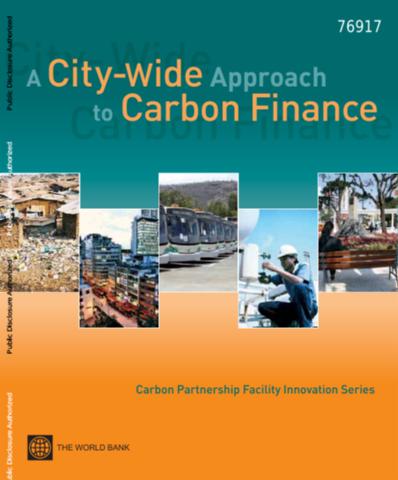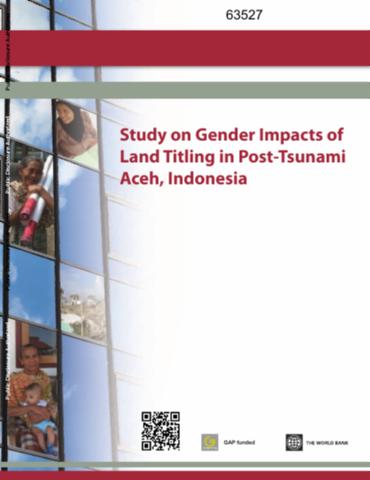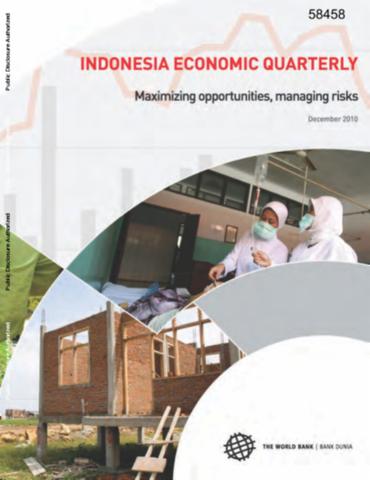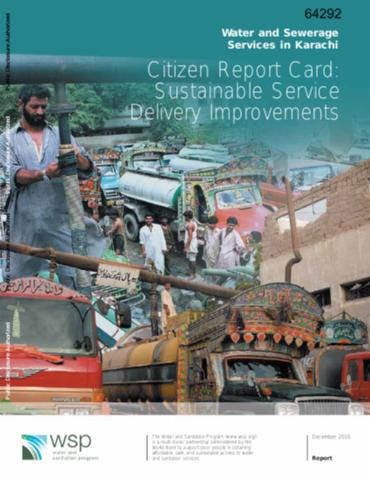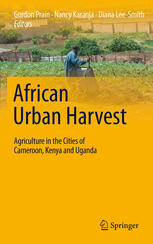Spider, bee, and bird communities in cities are shaped by environmental control and high stochasticity
Spatially organized distribution patterns of species and communities are shaped by both autogenic processes (neutral mechanism theory) and exogenous processes (niche theory). In the latter, environmental variables that are themselves spatially organized induce spatial structure in the response variables. The relative importance of these processes has not yet been investigated in urban habitats.


